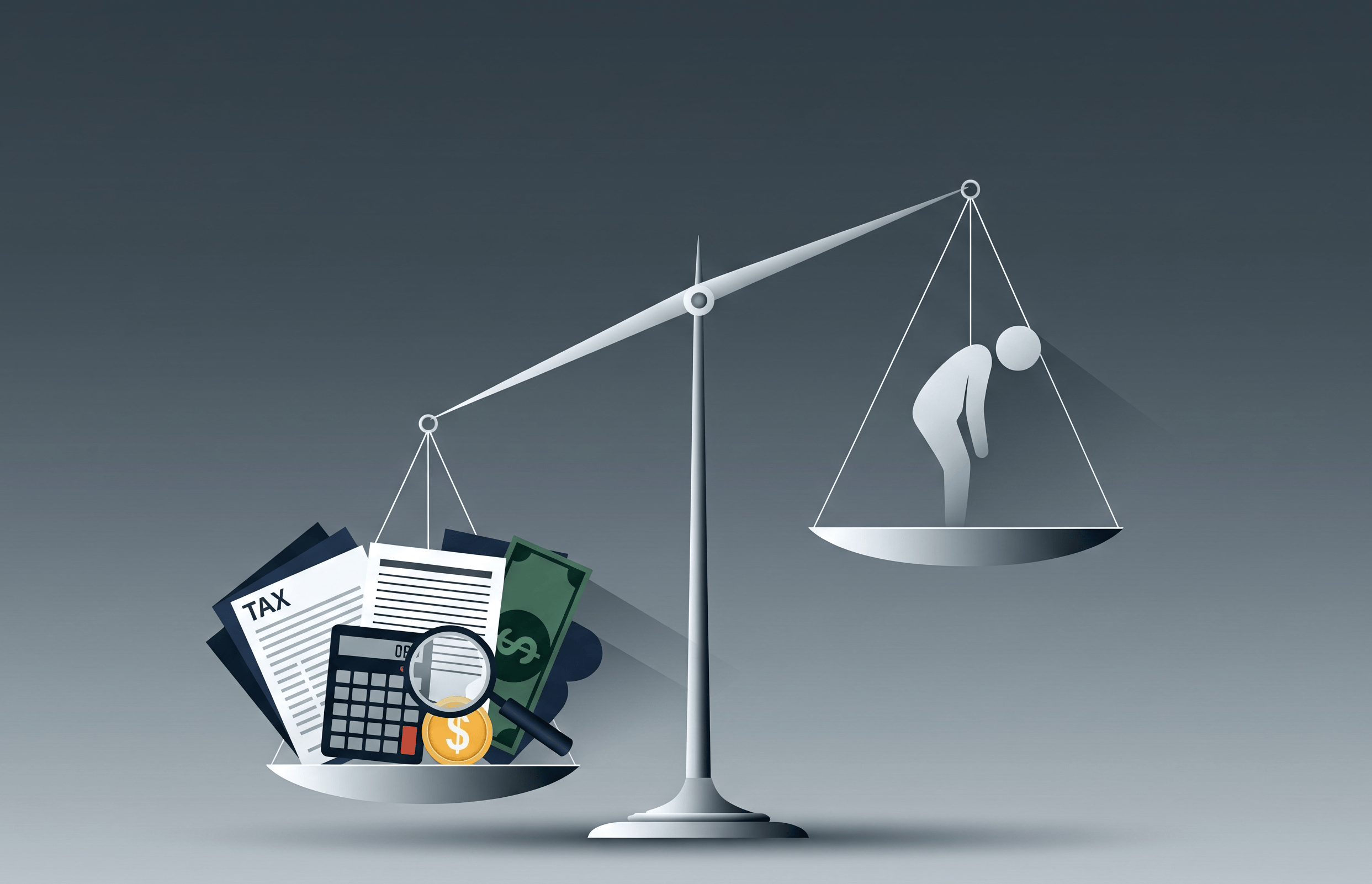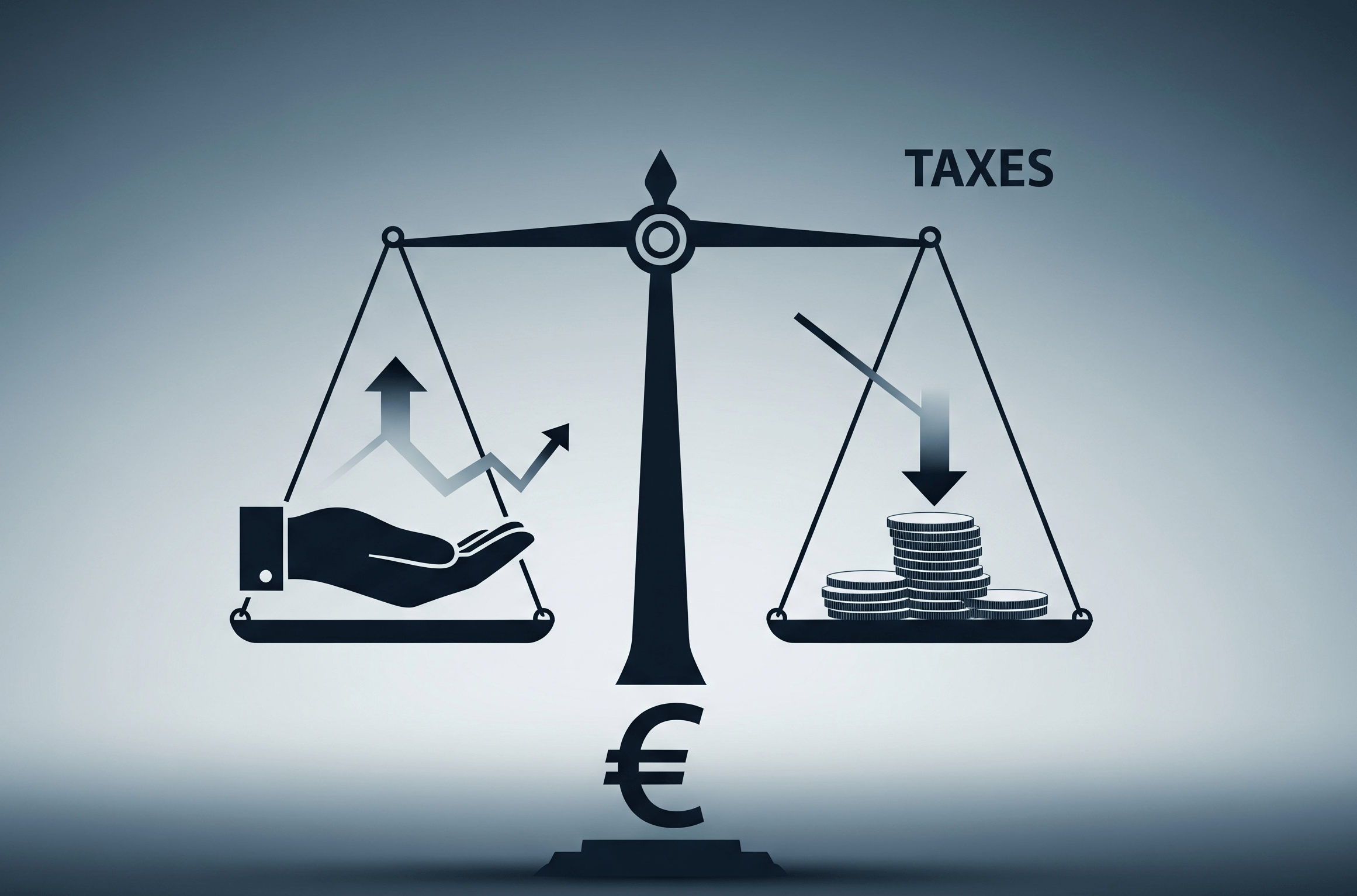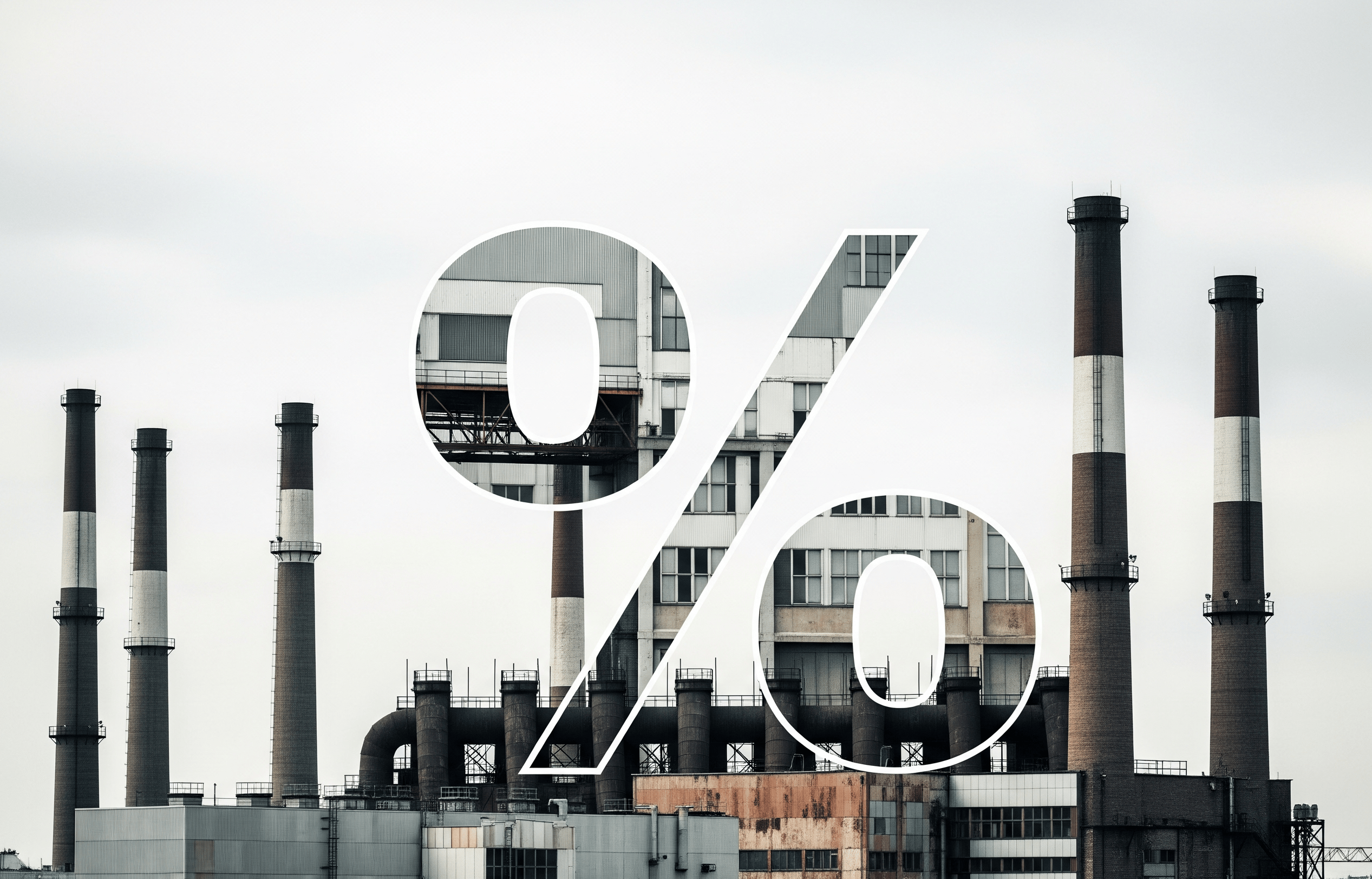Author: Vince Adriatico (Ex-banker with 750+ Credit Score)
Date: 6/26/2025
Losing your job is an unfortunate situation, especially if you're already retired or nearing retirement age. For many, Social Security becomes a financial lifeline, but it might not cover all monthly needs. So when unemployment hits, a common question comes up: Can you collect unemployment and Social Security at the same time? The short answer is yes, but there are important details to consider regarding eligibility, tax implications, and how each program assesses your income.
Whether you're dealing with an unexpected layoff or a gap in part-time work after retirement, knowing how these two benefits interact can help you plan smarter.
Why This Is Becoming a Common Situation
The nature of work has changed. Older adults opt to work longer, many in part-time or contract roles. At the same time, layoffs in industries such as retail, healthcare, and education have affected workers across all age groups, including those already receiving Social Security retirement benefits.
This overlap is more common than people think. You might have started collecting Social Security at age 62 but still held a part-time job to stay active or supplement your income. If that job ends, you're suddenly left wondering what you're entitled to.
Yes, You Can Collect Both-But Here's How It Works
The good news is that unemployment benefits and Social Security are separate programs. One is based on your work history and earnings, while the other is based on your recent employment status. Receiving Social Security doesn't disqualify you from unemployment as long as you meet state-level eligibility requirements for being "able and available to work."
Unemployment insurance is designed to support people who lose their jobs through no fault of their own and are actively seeking work. So if you're still considered available for work and not retired in the traditional sense, collecting both may be an option.
However, if you're collecting Social Security Disability Insurance (SSDI), things change. SSDI assumes you cannot work due to a qualifying medical condition. Filing for unemployment, where you're stating you can work, can lead to a denial or even complications with your SSDI status.
How Your State May Treat It
While federal law doesn't prevent you from receiving both benefits, your state unemployment office may factor in your Social Security income in one of two ways:
- Most states don't reduce unemployment payments based on Social Security income.
- A few states (such as Illinois and Louisiana) may reduce your unemployment amount if you're drawing Social Security.
It's always a good idea to double-check with your state unemployment agency. Filing for unemployment while receiving Social Security benefits isn't fraudulent, but not disclosing income or failing to meet the "available to work" rules could result in your claim being denied or flagged.
Does One Affect the Other?
For most retirees, collecting unemployment does not reduce their Social Security check. The SSA doesn't count unemployment insurance as "earned income," so it won't reduce your monthly retirement benefits or delay your complete retirement age calculation.
Where this does matter, though, is in taxes. Both unemployment and Social Security benefits may be federally taxed, depending on your total annual income.
For example:
- If your income is above $25,000 (single) or $32,000 (married), up to 85% of your Social Security benefits may be taxable.
- Unemployment benefits are always considered taxable income at the federal level.
So while you may be eligible for both programs, your tax bill could be larger than you expect if you're not withholding enough throughout the year.
If you're already collecting Social Security and wondering whether you can work part-time, the answer is yes. But there are limits depending on your age and income. For those under full retirement age, your Social Security benefits can be reduced if you earn more than the yearly income limit- $22,320 in 2024. However, once you reach the age of retirement, you can earn as much as you want without a reduction in benefits. When it comes to unemployment, any part-time work must be reported, and your weekly benefit may be adjusted depending on how much you earn. It's a balancing act, but one that many people manage successfully when transitioning out of full-time work.

What This Means for Immigrants and Early Retirees
Immigrants who've worked in the U.S. long enough to earn Social Security credits may also qualify for both programs. If you're not a U.S. citizen but are a lawful resident and meet work history requirements, you can apply.
For early retirees —those who began drawing Social Security at 62 but continued working—unemployment benefits can still be available if you lose your job and are actively seeking work. Again, your state's definition of "available to work" will matter most.
How Cheers Credit Builder Can Help You Stay on Track
Both Social Security and unemployment provide short-term support, but neither builds long-term financial momentum. If you've found yourself with gaps in your credit history or limited installment credit, now's a smart time to address those issues.
Cheers Credit Builder helps you build your credit while saving money, even when you're in between jobs or working fewer hours. There's no membership or administration fee-just a fixed low APR. Every on-time payment gets reported to all three major credit bureaus, helping establish a history that makes qualifying for future credit cards, car loans, or even housing easier.
And since Cheers doesn't run a credit check, it's a great option if your credit has been affected or if you're starting from scratch.
Final Takeaway
It's legal to collect both unemployment and Social Security, but that doesn't mean you should file without preparation. Start by learning how your state treats these overlapping benefits-some reduce unemployment if you're drawing Social Security, while most don't. Make sure you're actively seeking work when applying for unemployment benefits, as your claim may be denied if you're not. Pay attention to taxes. Both income sources can be taxed, and depending on your total income, you may owe more than expected. Taking a few careful steps now can help you maximize your benefits without any surprises down the line.














